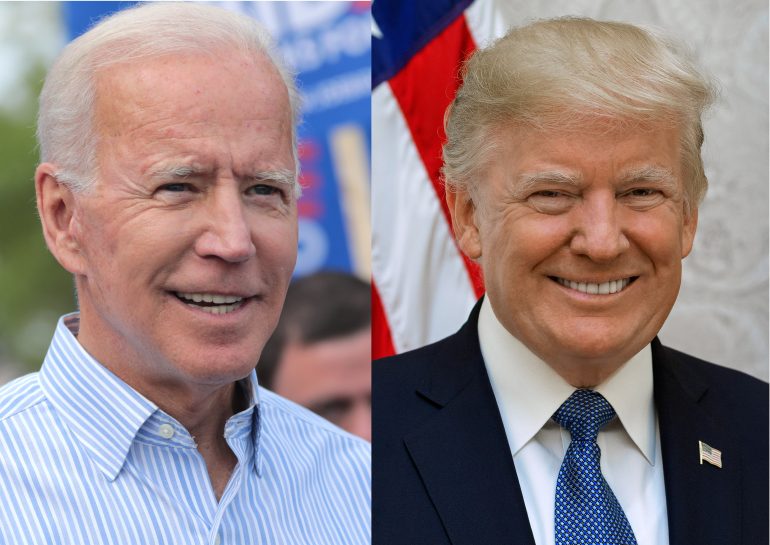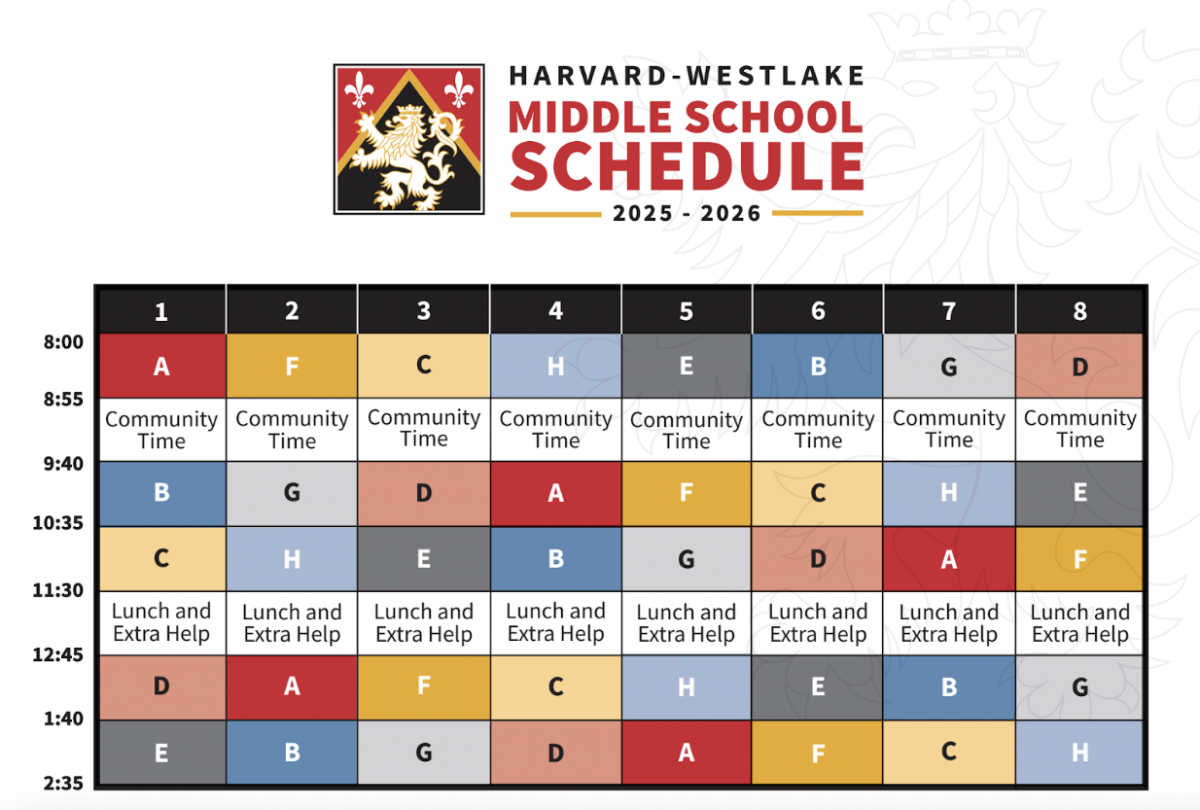With the United States nipping on the heels of its 2020 general election, all eyes are on the presidential race. Though there are many propositions, some crucial Senate races and all House contests to be voted on, the battle for the White House has the world’s attention.
Incumbent Republican Donald J. Trump will be facing a challenger, the former Vice President and longtime Delaware Senator Joseph R. Biden, Jr, who has served in national politics for 47 years. Trump, on the other hand, was a complete political novice upon taking the presidency in 2017.
Yet with those differences aside, the two share many similarities in areas of demographics. Both are white Christian men and regardless of who is inaugurated in January, the nation will see the oldest president ever inaugurated to the White House.
As is the case with every election, some issues, people, and places will matter most. SinceAmerican president is elected through the electoral college, the candidates must rely on their ability to win votes from crucial states. Unfortunately for a majority of the population, many states very consistently vote for either the Democratic or Republican candidate.
That leaves some swing states as the ones garnering the candidates’ attention. Florida, Arizona, Michigan, Wisconsin, Georgia, North Carolina and Pennsylvania are all swing states won by Trump in 2016, and all are considered crucial for him to win reelection. Yet Biden is currently leading in all of these states, per the most recent CNN and New York Times/Siena College polling. Overall, Biden leads by a 10-point margin nationally, though the winner of the popular vote is certainly not always elected. Last election, Trump was trailing substantially in polls, lost the popular national vote, and is the sitting president, proving polls are not all-telling.
But there are some actual policy issues that will prove decisive in winning votes, and the election itself. A number of these are the ones playing out each cycle. Yet more than a few are unique to this year.
First, the credentials and actions of the sitting president will come into the spotlight each time a reelection bid is made. Under Trump, the nation saw a dramatic departure from the Barack Obama administration. His ticket emphasized such, serving as a change to the political establishment.
He took a very harsh approach to immigration, making headlines for his southern “border wall” idea, which would apparently be funded by the Mexican government. The wall illustrates his desire to keep much of the world out, while putting America at the forefront of it all. In the process, hundreds of children have been separated from their parents. Trump has used courts to attempt to erase the Deferred Action for Childhood Arrivals (DACA), which protects certain minors from deportation.
Trump has appointed 46 Circuit Court judges, over a quarter of those in courts of appeals. This rate is strikingly high, proving that if they stay with his agenda, Trump-era policies could have an impact on law for years to come. He also has appointed three Supreme Court justices with Amy Coney Barrett’s Monday confirmation following liberal icon Ruth Bader Ginsburg’s death. The process through which she was confirmed has been the cause of much debate. Senate Republicans, led by majority leader Mitch McConnell, rushed the process through before the election, a complete about-face from what was said the last time this happened. Less than four years ago, they decided to keep a vacancy in the court during Obama’s presidency and that the voters should decide who gets to nominate the justice.
As the chief diplomat of the nations, the president’s role in foreign affairs is one of the most, and often the most, important role of the office. Through times of war and peace alike, it is vital the president maintain strong relationships abroad so the country can remain at its strongest. Trump has withdrawn from many international agreements and organizations, many ones long crucial parts of American politics.
He has left the Paris Climate Accord, along with nearly every nation in the world; the North American Free Trade Agreement; the United Nations Human Rights Council; World Health Organization, in the midst of the COVID-19 pandemic; and the United Nations Educational, Scientific, and Cultural Organization.
He has met with North Korean dictator Kim Jong-un multiple times in attempts to finally eliminate the country’s nuclear weapons, but ultimately real progress has been very hard to come by. As with recent presidents before, Trump has directed a lot of attention to the Middle East, recently celebrating the signing of agreements, namely between Israel and predominantly Muslim countries. He has vowed to end the “endless wars” of the region.
He also has attempted to crack down on rising China, which he sees as a threat to the United States. A series of tariffs and his “trade war” have cracked down. China is now the second largest economy, rapidly growing in the 21st century.
While Trump has painted China as an important threat, Russia has been largely omitted from his foreign policy discussions. In 2016, Russia interfered in the presidential election he won. Ordered by Russian president Vladimir Putin, it is unknown to what extent the operations were carried out. Nevertheless, Trump has been less strict with Russia compared to other countries like China. He has denied U.S. intelligence-affirmed accusations, maintained warm ties with Putin, and at multiple summits welcomed Russian views.
The coronavirus is likely the most pressing issue at hand currently. The United States has the most cases and deaths of anywhere in the world, and its per capita rates are among the highest. Trump has stressed the importance of maintaining a strong economy, something he has poured pride and effort into.
However, that has proved difficult, as coronavirus infection rates do not appear to be lowering, with no vaccine clearly in sight. Unemployment rates are many times higher than normal, and G.D.P. is still sagging as the economic side has also not been spared. Whoever serves the next term will need to ensure a safe recovery for both sides.
There are many more topics to be discussed in the debate for the presidency, and these are just a few. What is important is that all eligible citizens cast ballots, be it in person on Nov. 3 or by mail. The future of our country is on the line.






